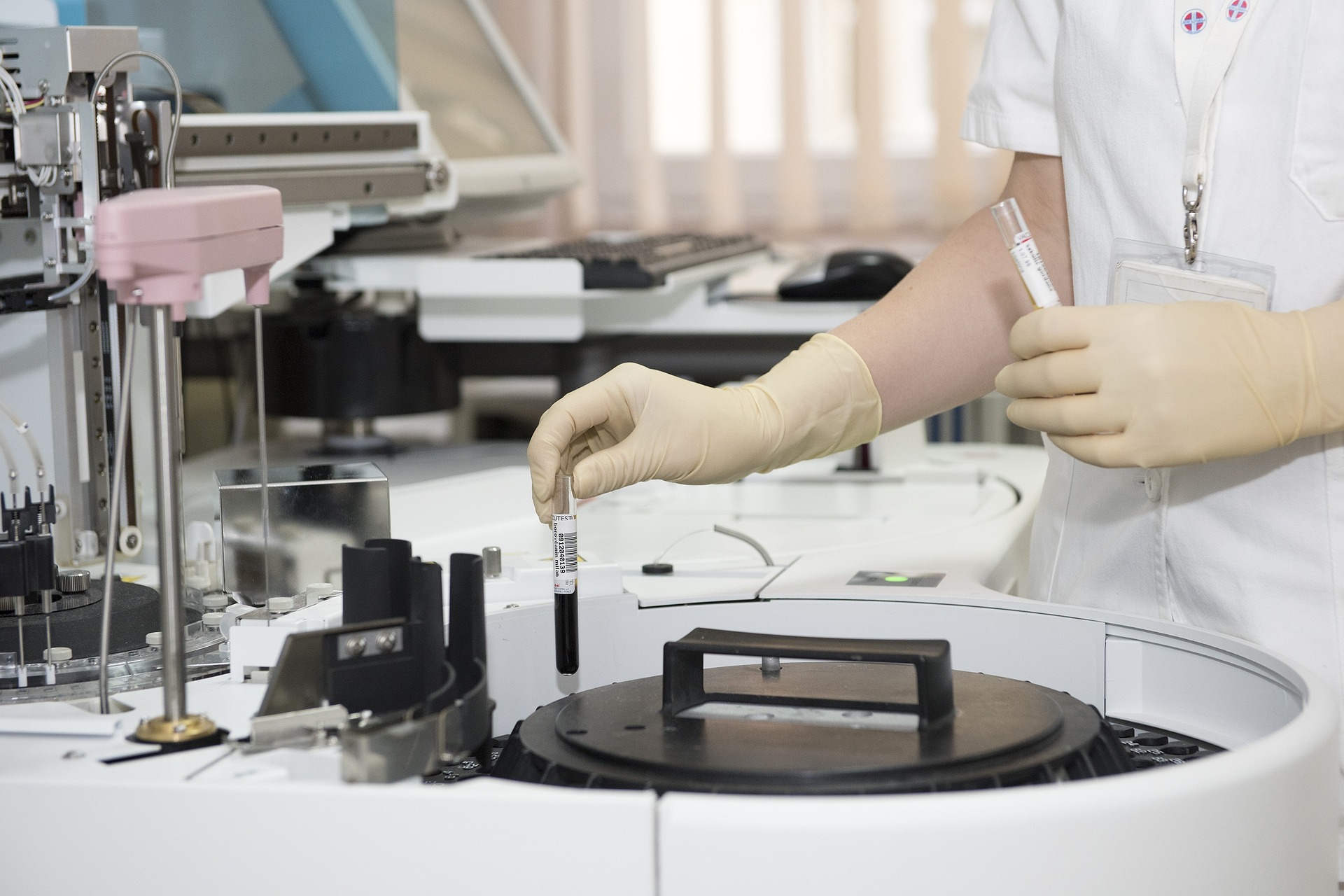Artificial intelligence has great potential in the medical field, but current regulations governing AI in medicine do not take into account all aspects, such as continuous learning and algorithmic errors – this poses many risks. The European Commission has proposed a regulation on AI [1] that covers different levels of risk, including AI in medicine. [2] AI tools must meet certain requirements and obligations, such as human oversight and post-market monitoring. The proposed regulation applies to all areas of society and does not address the specific features and risks of AI in the healthcare sector.
There are differences among EU countries in the development and implementation of AI in medicine. For this reason, the EU should develop a comprehensive strategy to reduce these disparities.
What if there was a startup that could help alleviate this problem? Data lake is a Polish startup creating the world’s first blockchain-based medical data donation system.
What are the challenges facing healthcare in the EU?
The main challenges for healthcare systems in the EU include an aging population and an increase in chronic diseases, a shortage of medical personnel, inefficiencies in healthcare systems, inequalities in healthcare, and the need for sustainability.
In 2017, about 37% of the EU’s elderly suffered from two or more chronic diseases, and in those over 80, the percentage was 56% of women and 47% of men. There is a shortage of both medical personnel and appropriate skills across EU countries. It is projected that by 2030, the shortage of medical personnel could reach 4.1 million, including 0.6 million doctors, 2.3 million nurses and 1.3 million other health care workers. [2]
The sustainability of health care systems in the EU is becoming an increasingly pressing issue. Healthcare spending averages 8.3% of the EU’s GDP, but disparities between countries are significant. [2] This is influenced by demographic changes, increasing demand for long-term care and the use of new technologies. These disparities are due to inadequate public funding, lack of availability of services in rural areas, difficulties in attracting and retaining medical personnel, and unequal treatment in health care delivery.
Implement strategies to reduce European disparities in artificial intelligence in medicine
Disparities between European countries in the field of artificial intelligence still exist, especially in the area of medicine. These differences are due to inequalities in research, technology and financial support. Member states, especially in the East, should develop programs to strengthen AI in healthcare, which include enhancing research and technology capabilities. [2] Programs should also focus on increasing capacity in developing and implementing AI tools in medicine. The European Commission should support these efforts by promoting unified guidelines and approaches, and establishing a European Health Data Space. Addressing inequalities in medical AI requires a comprehensive approach that takes into account broader social, economic and health inequalities in Europe.
The role of startups
Modern healthcare is facing a new challenge – the lack of access to vital medical data that can lead to the discovery of breakthrough therapies. Data Lake, an innovative startup founded by Wojtek Sierocki, aims to create a global medical data donation system comparable to the blood or organ donation systems that saved lives and health in the past.
Data Lake’s key goal is to build a secure medical data donation system based on blockchain technology and patients’ informed consent. With this system, patients’ medical data will be shared with researchers around the world, supporting the development of new therapies.
The moment when the first patient submits his or her data to the blockchain and allows us to retrieve it with a statement of intent is our success. This is our perspective, and we should succeed in the next few months. We also want to get the first data flow relatively quickly [3].
– Wojciech Sierocki
The Data Lake plan is based on trust and collaboration with patients. Studies show that people want to share their medical data, and Data Lake is banking on this as a foundation for success. The startup plans to reward patients for their contributions to the system by awarding them $LAKE tokens.
Estimates say the medical data market could bring in as much as $70 billion a year. Data Lake is focusing on Poland as its first field of operation, where an estimated 18 million people could become medical data donors.
The first users of the system will be Data Lake members, including myself. After that, we will ask for help from patients with a specific disease, at a specific treatment center, and finally we will go out with our vision to the general public, just as organizations creating a blood or bone marrow donation system are doing at the moment [3].
– Wojciech Sierocki
Data security is a priority for Data Lake. Actions on patient data are recorded using blockchain technology, guaranteeing patients that their data is protected and immutable. The Give Data Foundation, which supports the project, further enhances trust by attracting organizations with patients’ best interests at heart.
A Data Lake is a project that, if properly implemented, addresses one of the most pressing challenges in healthcare – the lack of access to key medical data. The use of AI in medicine has enormous potential – in the era of big data and increasing computational power, these technologies not only revolutionize diagnosis and treatment but also open the door to personalized medicine on an unprecedented scale. Similarly, the use of blockchain for data security and transparency is an innovative approach that deserves attention. I’m glad that this is a Polish startup trying to make a global impact on the progress of medicine, and I wish them success.
Regarding regulations, I agree that there is a need for more precise regulations concerning AI in medicine. The current ones are too general and do not take into account the specifics of this delicate field. This is particularly important in the context of differences between EU countries in the use of AI in healthcare. A consistent EU-level strategy is needed to minimize these disparities.
– prof. Aleksandra Przegalińska, Vice-rector of Leon Kozminski Academy, Senior Research Associate at Center of Labour and Just Economy at Harvard University.
Data Lake challenges traditional healthcare models by presenting an innovative approach to medical data donation. Through trust, security and patient collaboration, the startup can contribute to the discovery of breakthrough therapies, opening up new opportunities for medical advancements around the world. With better access to patients’ medical data, medical personnel in Poland can more accurately diagnose and treat diseases. Healthcare thus becomes more accessible, and data analysis can respond more quickly to changes in patients’ health. This can improve the quality of health care and reduce waiting times for treatment.
Article authorized by Prof. Aleksandra Przegalińska, Vice-Rector of Leon Koźmiński Academy, Senior Research Associate at the Center of Labor and Just Economy.
Bibliography:
[1] AI Act, https://eur-lex.europa.eu/legal-content/PL/TXT/?uri=CELEX%3A52021PC0206
[2] Artificial intelligence in healthcare. Applications, risks, and ethical and societal impacts, 2022, https://www.europarl.europa.eu/RegData/etudes/STUD/2022/729512/EPRS_STU(2022)729512_EN.pdf[3]Wojtek Sierocki (Data Lake): Tworzymy pierwszy na świecie system dawstwa danych medycznych na blockchainie, Mam Startup, 2.03.2022, https://mamstartup.pl/wojtek-sierocki-data-lake-tworzymy-pierwszy-na-swiecie-system-dawstwa-danych-medycznych-na-blockchainie/
Zuzanna Czernicka



